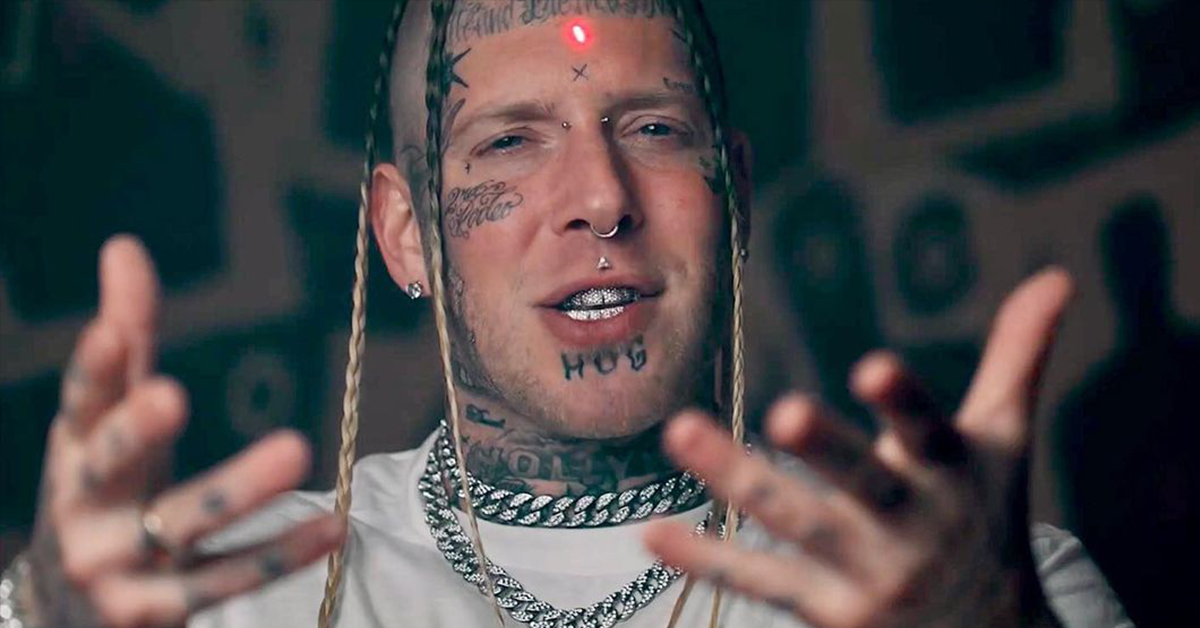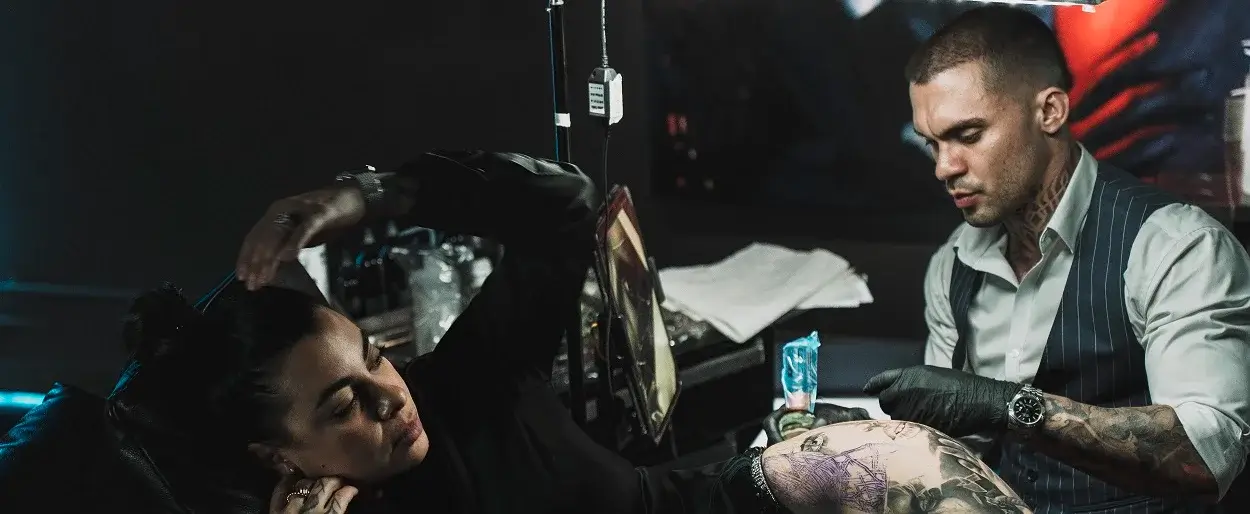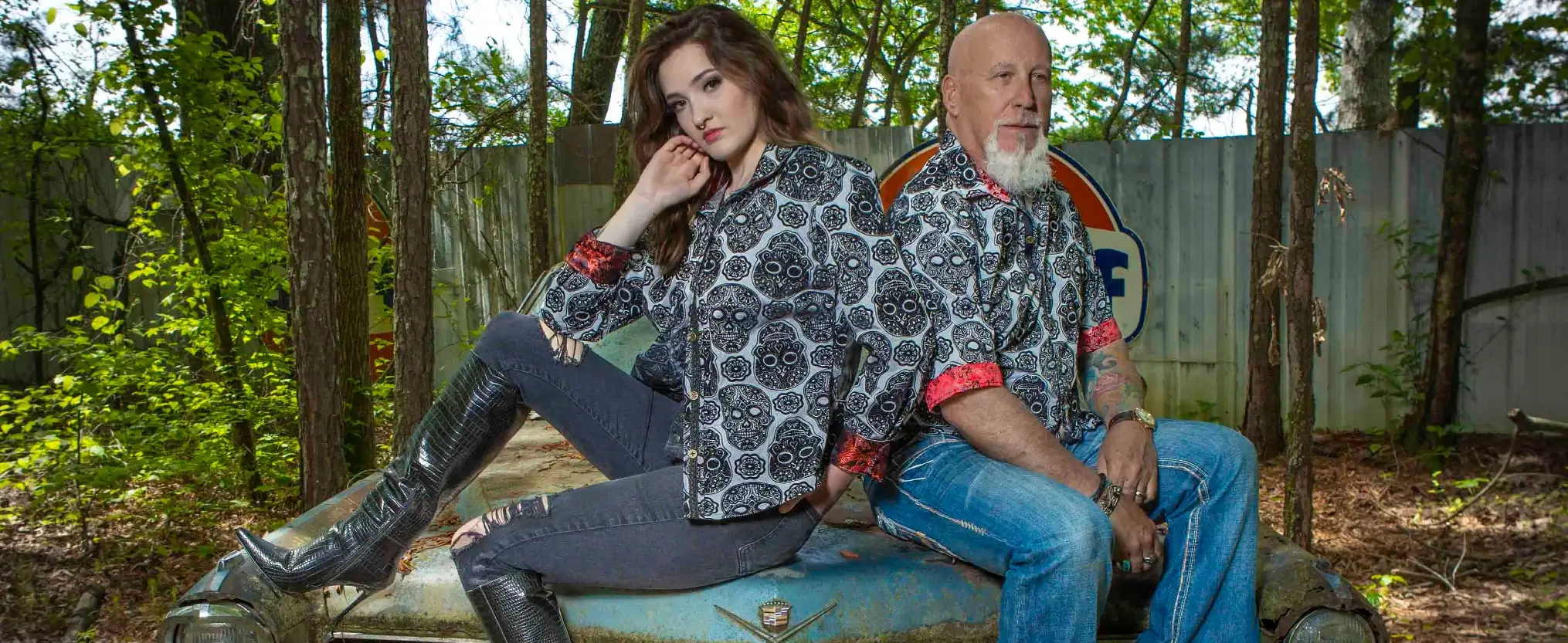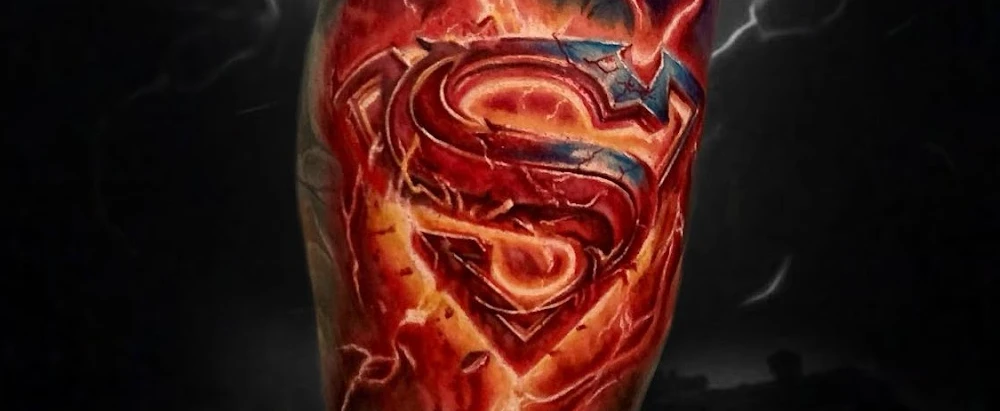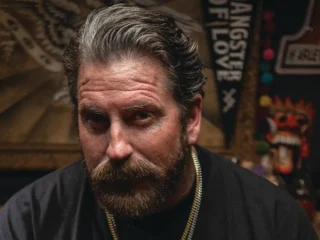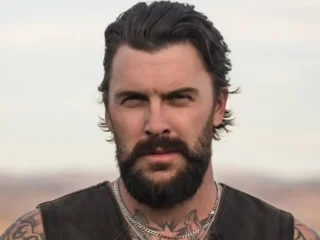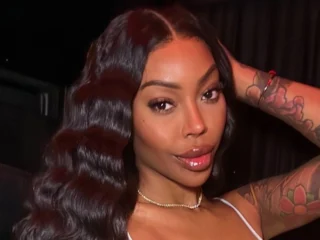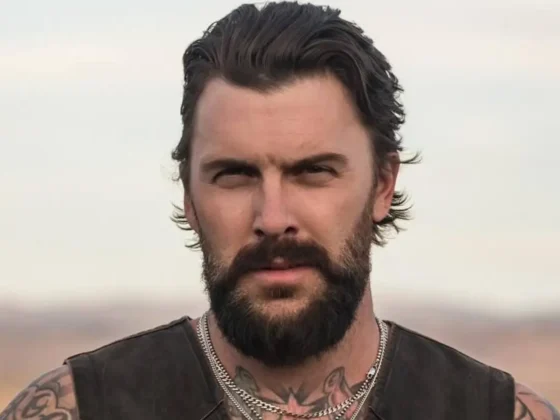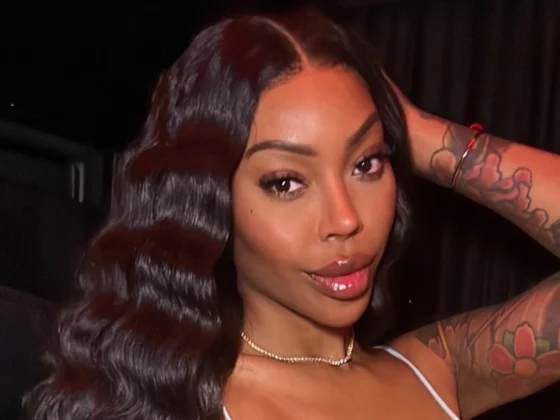Inked Mag Staff
March 2nd, 2021
The Tom MacDonald Interview
Tom MacDonald on "Fake Woke," his entry into hip-hop and his growing fan base.
Hip-hop has always been political. MCs have been using rap as a means of discussing social issues—often injustices faced by people of color—since the earliest days of the genre in the Bronx. Even as hip-hop started to explode into the mainstream in the 1980s, the political edge remained. Rap groups such as Public Enemy, N.W.A. and A Tribe Called Quest released songs detailing the political concerns affecting their communities—police brutality, mass incarceration, poverty and the war on drugs. As time goes on, hip-hop and politically charged lyrics continue to go hand-in-hand, as seen through the work of artists like Kanye West, Kendrick Lamar and Childish Gambino. However, by-and-large, it’s remained a genre dominated by people of color with left-leaning ideologies. That was, until Tom MacDonald rose to infamy.
MacDonald has become one of the most talked about new artists in hip-hop, with one of the most divisive personas the genre has ever seen. People either absolutely love or completely despise him and he’s caught the world’s attention with song titles such as “No Lives Matter,” “If I Was Black” and “Coronavirus.” But MacDonald’s image wasn’t always so provocative.
MacDonald began his rap career in a very conventional way by writing songs similar to popular artists at the time. At 18, he was just getting a hang of hip-hop and that meant rapping about cars, drugs, girls and guns. “I didn’t know much about [hip-hop], but that’s what my favorite rappers were rapping about so that’s what I did,” MacDonald says. “Four years ago, after a pretty lengthy battle with alcoholism, I had a really massive mental lapse and a bad breakdown that lasted the better part of a year. During the rehabilitation process, I cleaned myself up, figured out what was important to me and what I wanted to talk about. It was the worst thing that ever happened to me, but also the best thing that ever happened. It taught me who I was, essentially.”
MacDonald hopes to someday be as recognizable as Led Zeppelin or the Beatles, and while that type of notoriety will take decades to build, his singles “Fake Woke,” “Cancelled” and “People So Stupid” have already topped the Billboard charts and garnered millions of views on YouTube. Given the storied history of hip-hop it shouldn’t be a surprise that someone with his political beliefs struggled to find fans initially.
“There were a lot of negative comments in the beginning because I didn’t have a fanbase when I started releasing music,” he says. “All it was at that point in time was people hating and objecting to the things I was saying. It took a few months for it to really catch on and for me to find people who were open-minded enough to at least try to understand what I was talking about. I still get some resistance now, but the amount of support is overwhelming in comparison.”
Once right-wingers caught wind of MacDonald’s persona, it didn’t take long for them to cling onto every word he uttered. As America’s political and social climate became more and more polarized, MacDonald saw an opportunity to become the face-tattooed mouthpiece for a discontented demographic in exchange for musical success. “I’m an artist, so I would say that most of what you see from most artists is performative in some sense,” he says. “I think that people like to say, ‘Oh, he’s being edgy for the sake of being edgy’ because they don’t want to admit that these conversations are being had in households across America and the world. Anything I’m talking about privately with my friends or my family, I’m putting into songs.”
This unabashed approach to authenticity, which hip-hop artists with left-leaning politics have employed for decades, has definitely put MacDonald on the map—both because of the people who love his songs and those who love to hate him in the comments. And MacDonald isn’t just going hard with his song titles for the sake of clickbait, he’s committed to provoking audiences through each carefully constructed bar.
“I think [my music] is a tough pill for people to swallow,” he says. “I did a song called ‘People So Stupid,’ which was essentially just three and a half minutes of radical points on abortion and other politics. The most commonly quoted line was ‘Tell me how this works, bacteria is life on Mars but a heartbeat isn’t on Earth.’ There are secular instances of little one-liners that I don’t necessarily feel down in my soul that I’ve said because I thought it was funny. But largely, everything I say is coming from my heart and they’re real issues to me.”
One of the issues that MacDonald continues to bring up in his music is the racial divide in America. MacDonald spent most of his life living in British Columbia and Alberta, Canada, which have vastly different social climates than Los Angeles, where he now resides. “I’ve never had any sort of burning desire inside of me to write about the plight of the white man or any lame shit like that,” he says. “Coming from Canada, these issues obviously exist but they’re not as volatile or as prominent in the media. Moving to the United States, it was a culture shock because everything here is about race. It’s on TV, in the paper and it’s all over the internet. It seemed like one of the pillars of American life is this weird conflict about race and this extreme polarization between different races, which relates to different political ideologies.”
Coming to America made MacDonald hyper-aware of the political divide here and over time, he’s realized he has the platform to stand up for “the little guy.” And according to MacDonald, “the little guy” in 2021 is anyone who feels victimized by political correctness. “There are a lot of disgruntled people in America and I think people who are disgruntled don’t have a voice,” he says. “I’ve been an underdog for my whole life and I’m trying to pull for the underdog by throwing punches for people who can’t throw punches. ‘Fake Woke’ was my way of speaking about things that a lot of people don’t have a voice to speak about.”
MacDonald’s power is growing daily and as artists gain more recognition, it’s important for them to recognize the power of their influence. MacDonald is all for guiding his fans into having conversations about politics, but he draws the line when it comes to his listeners using his lyrics as inspiration for violence. “If you’re that easily influenced that you’re going to listen to a song and commit some act of violence, the bottom line is you’re a moron,” he says. “You’re a fucking idiot if you listen to a song and you’re going to take forth into the world and act a certain way because of it. I’m sorry, but you’re a [redacted] at this point.”
While Tom MacDonald may have appeared on many of our radars for the first time with his single “Fake Woke,” his career has been years in the making. We live in a world where right wing opinions are no longer sequestered to talk radio but are permeating every aspect of our lives, including the world of hip-hop. Whether you like his message or not, his millions of views prove there was an audience waiting for someone like MacDonald to come along.
Editor's Picks
Bridging Classical Art and Modern Tattooing
Esteban Rodriguez brings the discipline of classical fine art to the living canvas of skin, creating hyper-realistic tattoos that merge technical mastery with emotional depth.
Show Your Ink Fashions Brings Custom Style to Tattoo Culture
Show Your Ink Fashions creates custom shirts designed to showcase your tattoos as wearable art, blending fashion with personal expression.
The Ultimate “Superman” Tattoo Roundup: Just in Time for Superman’s Return to Screens
With Superman’s big return to theaters, fans are revisiting some of the most iconic ink inspired by the Man of Steel.

